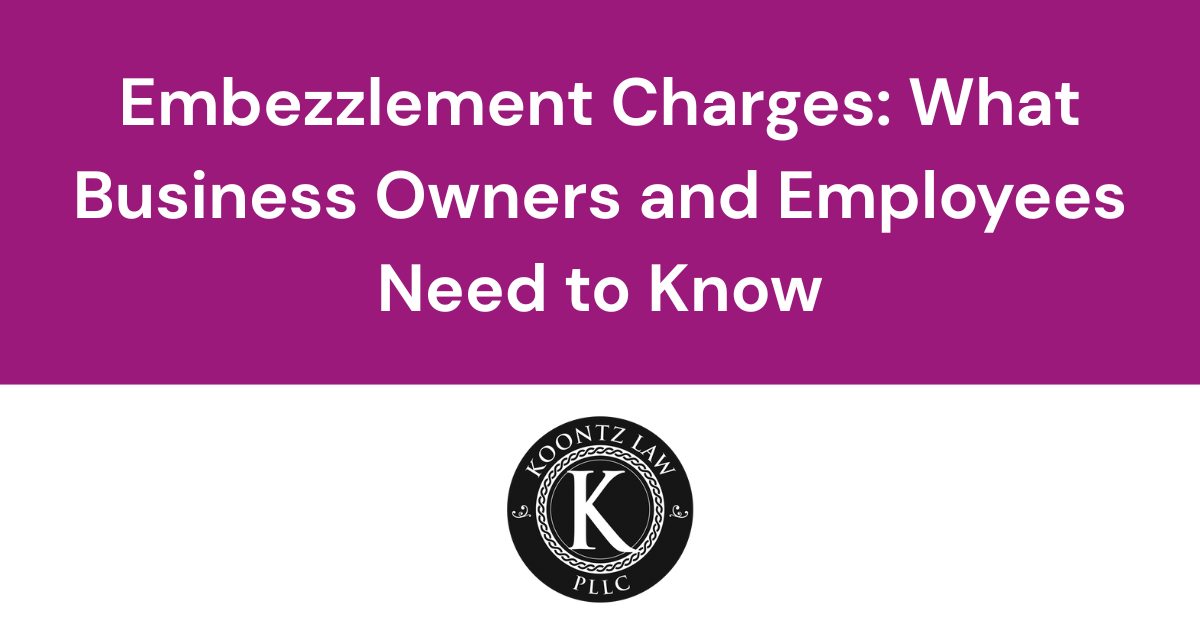Everything You Need to Know About Breaking & Entering Charges
Breaking and entering charges can be serious and have long-lasting consequences. Whether you're facing these charges or simply want to understand the legalities, it's essential to know the basics. This blog will cover what breaking and entering entails, its potential classification as a felony, the conditions under which charges can be dropped, and whether entering an unlocked door constitutes breaking and entering.
What Is Breaking and Entering?
Legal Definition
Breaking and entering refers to the act of forcibly entering a building or structure without permission, with the intent to commit a crime once inside. This can involve breaking a window, picking a lock, or using physical force to gain entry.
Intent to Commit a Crime
For an action to qualify as breaking and entering, there must be an intention to commit a crime inside the property. This intent differentiates simple trespassing from breaking and entering.
Is Breaking and Entering a Felony?
Felony vs. Misdemeanor
In North Carolina, breaking and entering can be classified as either a misdemeanor or a felony, depending on the circumstances.
Factors Affecting Classification
- Residential vs. Non-Residential: Breaking and entering into a residence is typically considered more severe and is often charged as a felony.
- Intent and Crimes Committed: If the intent is to commit a felony such as theft, assault, or any other serious crime, the charge will likely be elevated to a felony.
Use of Weapons: If weapons are involved, the charges can be more severe.
Can Breaking and Entering Charges Be Dropped?
Dismissal of Charges
Breaking and entering charges can sometimes be dropped or reduced, but this depends on various factors.
Common Reasons for Dropping Charges
- Lack of Evidence: If the prosecution lacks sufficient evidence to prove that breaking and entering occurred, the charges may be dismissed.
- Violation of Rights: If the defendant's constitutional rights were violated during the investigation or arrest, charges might be dropped.
- Plea Bargains: In some cases, the defense and prosecution may agree to a plea bargain, resulting in reduced charges.
Legal Assistance
Having an experienced attorney can significantly influence the outcome. An attorney can help identify weaknesses in the prosecution’s case, negotiate plea deals, or argue for the dismissal of charges based on legal technicalities.
Is It Breaking and Entering If the Door Is Unlocked?
Forceful Entry Not Always Required
Interestingly, breaking and entering does not always require force. Entering through an unlocked door or window can still constitute breaking and entering if there is an intent to commit a crime inside.
Constructive Breaking
The term "constructive breaking" refers to scenarios where no physical force is used, but deceit, fraud, or threats are employed to gain entry. Even in the absence of physical damage, these actions can fulfill the "breaking" element of the charge.
Legal Interpretations
Each case is unique, and the specific circumstances will determine whether entering an unlocked door qualifies as breaking and entering. It’s essential to consult with a legal professional to understand how the law applies to your situation.
Contact Koontz Law, PLLC Today
Breaking and entering charges are complex and can carry significant legal consequences. If you or someone you know is dealing with breaking and entering charges, seeking experienced legal counsel is vital to ensure a fair and just outcome. For more information or to schedule a consultation,
contact Koontz Law today. Our experienced attorneys are here to provide the guidance and representation you need to navigate these serious charges.











